Wisdom Tooth Removal
The removal of impacted wisdom teeth avoids the risks of infection, gum disease and cysts.
What are wisdom teeth?
Most people possess three permanent molars in each quadrant of the mouth. These progressively develop over childhood. The wisdom teeth are the third molars to appear and are located at the very back of the mouth. The nickname ‘wisdom teeth’ comes from the idea that wisdom comes with age.
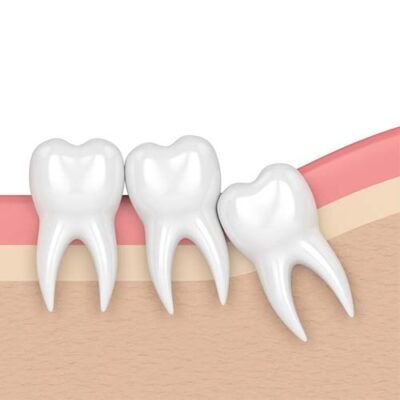
When do wisdom teeth appear?
The development for the first molars begins at around six years of age. At the age of twelve, the second molars begin to develop. Between the age of eighteen and twenty, the third ‘wisdom’ molars begin their development. Wisdom teeth are the last teeth to develop in our mouth and are just as useful as our other teeth if developed properly with a healthy gum tissue surrounding them.
Impacted wisdom teeth
The term ‘impaction’ refers to when a person’s wisdom teeth are unable to erupt (appear) properly in their mouth. However, not all teeth that have failed to erupt are impacted. Given enough time, the teeth may evolve properly. In order to determine if your teeth are impacted or not, a dentist will examine your mouth and take an xray of your jaw.
Infection, gum disease damage to the second molars and the formation of a cyst or tumour from the tooth follicle are some of the problems that may occur as a result of impacted wisdom teeth. In many cases, dentists recommend the removal of impacted wisdom teeth to eliminate future complications.
Erupted, non-functional wisdom teeth
If a tooth is non-functional, disrupting a person’s bite, badly rotten or at risk for periodontal disease, we may suggest the removal of the erupted wisdom teeth. We strongly consider each case on an individual basis, as everyone is different and requires a unique diagnosis.
Your wisdom tooth removal with Dr Finkelstein
Initial assessment of wisdom teeth and removal would be carried out in our clinic. More difficult cases may need referral to a oral surgeon for treatment.
When should Wisdom Teeth be taken out?
If wisdom teeth are impacted, early removal is most effective as it helps prevent problems, such as an impacted tooth destroying a second molar. We generally suggest removal of wisdom teeth be when the roots are three-quarters developed. This usually occurs during adolescence. We strive to prevent third molar impaction, as it is the most common medical developmental disorder.
Do I need to go to hospital?
Depending on the size and position of the wisdom tooth we may be remove it in our dental surgery. For more complex extractions, removal in a hospital by an oral surgeon may be required. We will advise the most suitable procedure after diagnosing whether you need your wisdom tooth removed.
Will I need stitches?
Wisdom teeth are large teeth, so stitches are often required. Swelling and bleeding may persist for a few days after surgery.
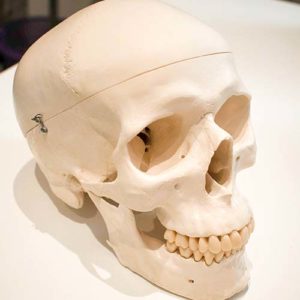
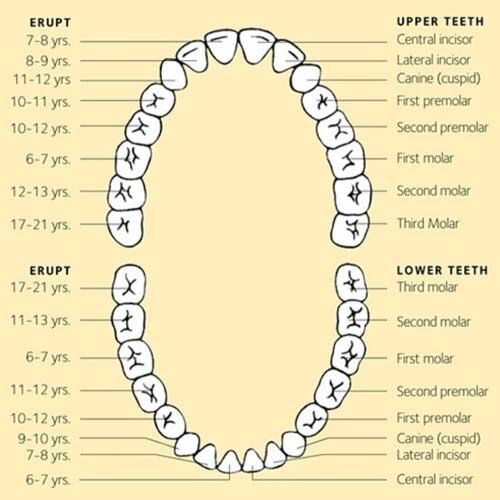
What is meant by dry socket?
After a wisdom tooth is removed a large hole, known as a socket, is left where the tooth was. During the healing process, a blood clot naturally forms in this hole which is designed to help heal the wound. It is important to preserve this blood clot so the healing process can occur. If this blood clot becomes dislodged this is a ‘dry socket’ which can prevent the natural healing process and cause infection.
Food can get caught in the wisdom tooth socket, causing infection. It is important to follow our post-surgery instructions immediately after surgery. This includes oral hygiene, diet and in some cases recommended or prescribed medications.
How much does a wisdom tooth removal cost?
Costs of wisdom tooth can vary greatly. Depending on how many teeth need to be removed, how developed they are and the extent of the removal procedure. Some wisdom teeth may also need to be removed in a hospital.
Payment Options at Dr Finkelstein Dentist

- Visa & Mastercard - We do not charge you merchant fees on credit cards.
- Health Funds - We offer pay-the-gap only when you bring your health fund card along.
- Afterpay - Get treated now, pay later!
Are you experiencing wisdom tooth pain?
Dr. Finkelstein can diagnose if your wisdom tooth is impacted and if you need it removed.
Please complete the below form to chat with one of our friendly team. Once we receive your message, we will be in touch to answer any questions you have and book you in for an appointment. Alternatively, you can call us on (02) 9262 7778 or use our Online Chat between 8:00am until 5:00pm, Monday to Friday.
Get into the Finkelstein Files
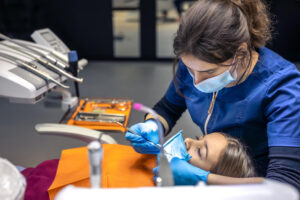
What Happens During an Emergency Dentist Appointment? Step-by-Step Guide
Dental emergencies don’t wait for a convenient time to strike. Whether it’s a sudden toothache, a knocked-out tooth, or a painful swelling that flares up

Gum Disease: Early Warning Signs and Prevention Tips
When it comes to oral health, gum disease is one of the most common yet most misunderstood issues. What begins as mild irritation can progress
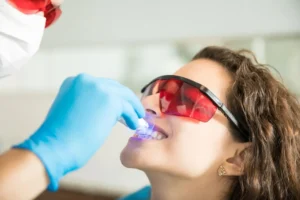
Interested in a Whiter Smile? Here’s What to Know About Teeth Whitening
A bright, confident smile is often seen as a reflection of good health and self-assurance. If you’ve been thinking about teeth whitening, you’re not alone—this


